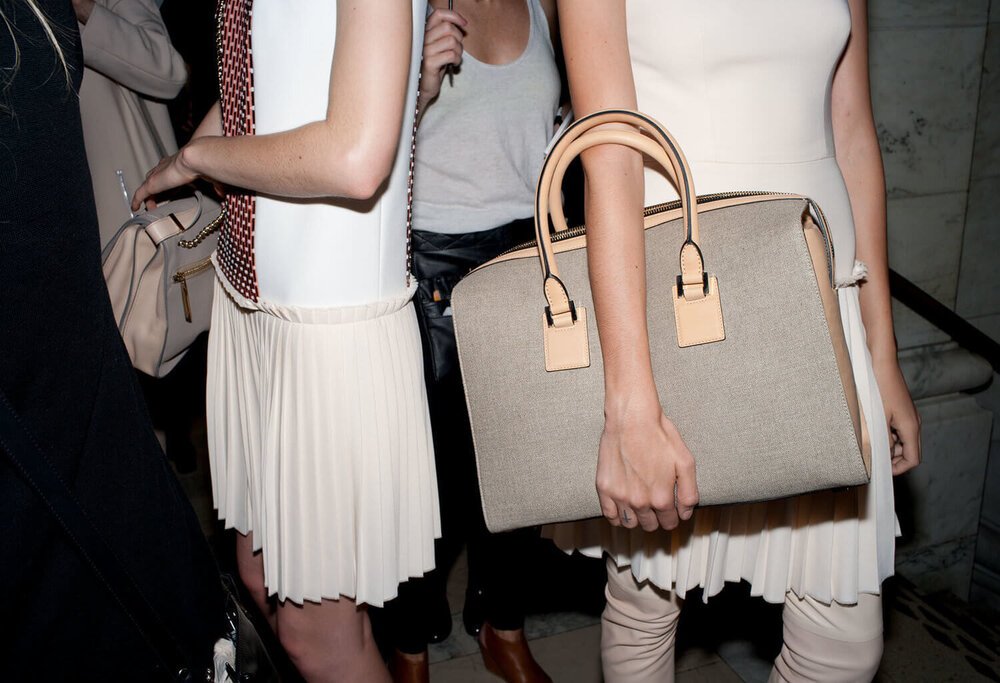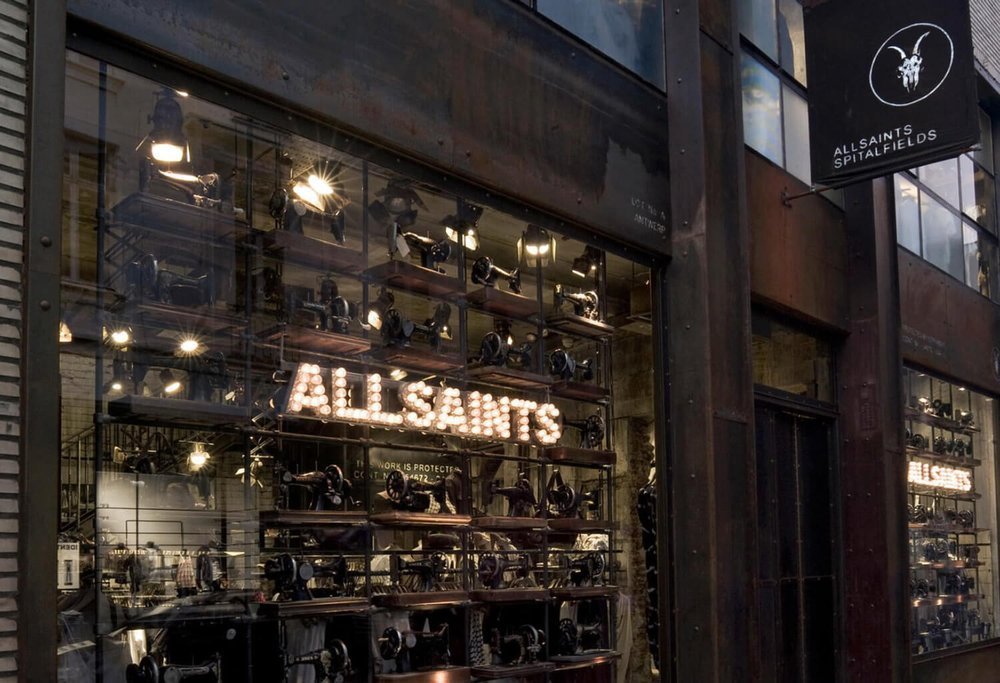






THE LUXURY BRANDING AND MARKETING AGENCY
SUM is a fully integrated branding and marketing agency, specialising in luxury brand design and brand development. We collaborate with globally recognised luxury and lifestyle brands, as well as ambitious emerging names across strategy, visual identity, content, and digital.
Starting a New Project?
Translating India’s rich craftsmanship into a global expression of modern luxury.
Shaping a modern fashion identity where culture, music, and design converge.
Protecting what matters through brand strategy, storytelling, and digital craft rooted in heritage.
Redefining smart nutrition through strategy, naming, and design engineered for balance and precision.
Expressing Italian sensuality through refined storytelling and design.
Redefining British luxury through design, craft, and quiet precision.




